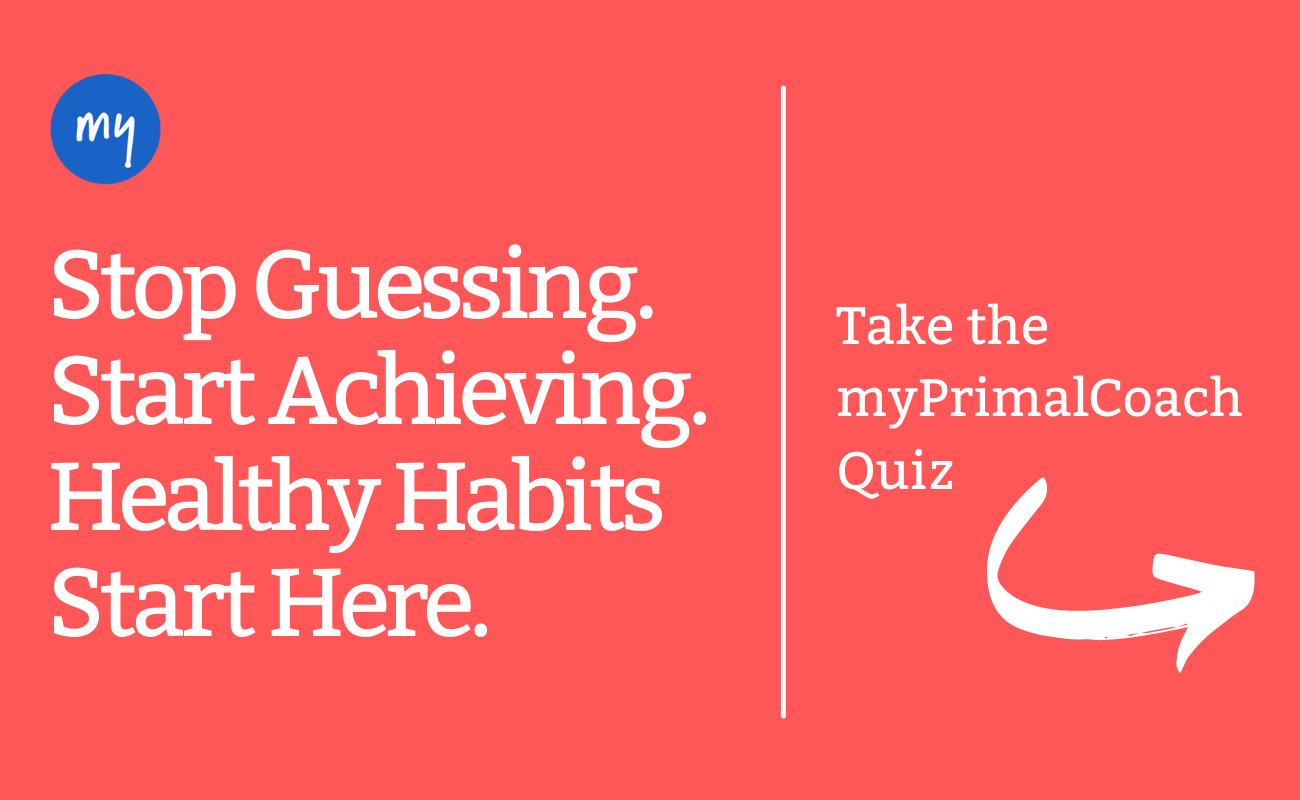Cortisol controls the fight or flight response in our body and under healthy conditions, its levels peak to help us avoid danger, and then drop once the danger has passed. But modern living can result in chronically elevated cortisol levels in our body, and this can lead to a variety of health concerns. The good news is that there are foods that lower cortisol, and that is the focus of this article.
Cortisol isn’t a bad guy (none of our hormones are). In fact cortisol is one of the hormones that kicks in when danger is nearby. Whether we were running from tigers in the Paleolithic days or currently having the natural instinct to quickly escape a burning building or the muscle memory to swerve to avoid a car accident, it’s cortisol that serves as our protector.
In this article we’ll start by defining what cortisol is, how too much can be dangerous, and we’ll finish by sharing our list of 27 foods that lower cortisol.

What Is Cortisol?
Cortisol is an essential steroid hormone that keeps us safe. It is naturally occurring, and its purpose is to release stored glucose from our cells so we have energy to run away from a perceived stress or threat.
Cortisol is produced by the adrenal glands which sit atop your kidneys. Your brain, specifically your hypothalamus and pituitary gland, are in communication with your adrenal glands to regulate the amount of cortisol in your bloodstream. If the level is too low, your brain will signal your adrenals to produce more.
When you’re in a state of alarm and fight or flight is perceived to be necessary, your body will shut down other important functions that require a lot of energy, such as your digestive process. This is why you may lose your appetite when severely stressed—think of the opposite of fight or flight as rest and digest.
In addition to stress reactivity, your adrenal glands produce cortisol to aid in blood sugar regulation, managing metabolism and inflammation, controlling your sleep/wake cycle, and regulating blood pressure. It is an important hormone, but too much of it in our bodies is harmful.
While we no longer need to worry about running away from tigers and we’re not escaping burning buildings on a regular basis, our body’s innate response doesn’t know that. Nowadays, a pushed up deadline from our boss or a traffic jam can affect your body’s cortisol levels. Cortisol becomes unhelpful when we experience chronically elevated cortisol levels. This can be triggered by money woes or a chronic illness, and can result in prolonged stress and anxiety.
Why Is High Cortisol Dangerous?
There are several causes of increased cortisol levels. An overactive pituitary gland or a pituitary tumor can cause excess release of cortisol. Adrenal gland tumors are also an offender as is prolonged use of medications such as steroids for asthma, rheumatoid arthritis, lupus, and some cancers.
However, stress is a common culprit of chronic cortisol release. Ideally, after your body experiences a cortisol spike in a moment of perceived danger, it should calm down and the cortisol levels should drop back to normal. However, when you’re under constant stress, cortisol levels will remain elevated.
Experiencing chronic stress and the subsequent raised cortisol can eventually lead to many health issues including:
- Muscle weakness
- Muscle tension
- Anxiousness
- Irritability
- Memory issues
- Brain fog/difficulty concentrating
- Fatigue
- Sleep disturbances
- Leaky gut and digestive problems
Signs you or your health professional may see include:
- Acne
- Thinning skin
- High blood pressure
- Elevated glucose levels
- Hirsutism in women or abnormal hair growth
- Bruising easily and slowed healing of wounds
- Heart palpitations
- Adrenal fatigue
- Oxidative stress
- Weight gain in the face and belly
- Round/moon shaped face
- Flushed face
- Fat in the upper back area between the shoulder blades
- Purple stretch marks on the abdomen
- Bone loss
High levels of cortisol also interfere with cognitive function. A review published in Frontiers in 2019 found that elevated cortisol levels may contribute to Alzheimer’s disease.
How elevated cortisol levels will manifest as symptoms varies depending on the cause, and the health issues listed above are usually first line indicators you may experience. But some serious complications that may surface when cortisol levels are elevated for an extended period of time and without proper treatment include:
- Insulin resistance and diabetes
- Cardiovascular disease
- Mood disorders/a perpetual negative mood
- Osteoporosis
27 Foods That Lower Cortisol Levels
Fortunately, there are foods that lower cortisol levels that can be added easily to your diet. The best cortisol-lowering foods are anti-inflammatory foods. Any foods that lower inflammation will in turn lower cortisol levels. Following a modified Mediterranean diet to suit your primal goals is a great way to incorporate anti-inflammatory foods. Certain vitamins and minerals and other specific foods have been shown to help your body with cortisol management.
Here’s our list of 27 foods that lower cortisol levels:
Magnesium-rich foods:
- Avocados
- Dark chocolate
- Spinach
- Pumpkin seeds
- Broccoli
- Bananas
Complex carbohydrates containing foods:
- Sweet potatoes
High-quality animal proteins:
- Grass-fed meat products
Foods with anti-bacterial and anti-viral properties:
- Garlic
Fermented foods with probiotics:
- Sauerkraut
- Kimchi
- Kombucha
- Yogurt
Foods high in omega-3 fatty acids:
- Fatty fish including salmon and mackerel
- Fish oil supplements
- Flax seeds and ground flax meal
- Hemp seeds
- Olive oil
Foods high in vitamin C:
- Citrus fruits
- Red bell peppers
- Strawberries
Foods rich in potassium:
- Melon
Drinks with antioxidant properties:
- Black tea
- Green tea
Adaptogens containing foods:
- Mushrooms
- Adaptogenic herb ashwagandha
Stay hydrated:
- Drink adequate water
8 Foods That Raise Cortisol Levels
In addition to including foods that lower cortisol levels in your day-to-day, there are also some foods you want to avoid if you are experiencing any symptoms of high cortisol and these are:
- Caffeine
- Alcohol
- High sugar foods
- Refined carbohydrates
- Refined grains
- Soda and sugary drinks
- Processed foods
- Fried foods and trans fats
Summary
If you suspect you have high cortisol levels it is important to consult with a medical professional to get a cortisol test and identify the root cause of your symptoms. A tumor or medication side effects can lead to Cushing’s syndrome, which requires a diagnosis and specific treatments.
If chronic stress is keeping your shoulders hiked and you’re living in a perpetual state of fight or flight, a myPrimalCoach can guide you in making lifestyle changes to help lower cortisol levels. A balanced diet, stress management, and including foods that lower cortisol levels on your plate is a step in the right direction.

